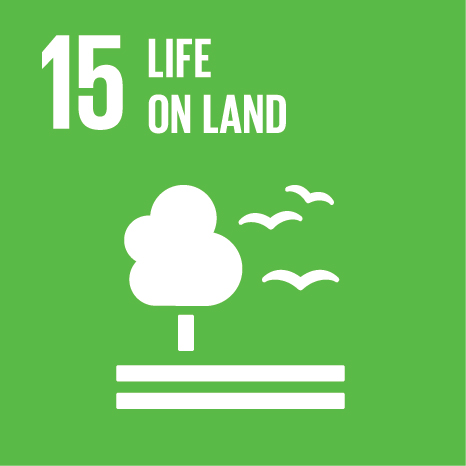Transitions in the Portuguese landscape: historical perspective and the new trends
Event Title
XXVIIIth European Society for Rural Sociology Congress "Rural futures in a complex world"
Year (definitive publication)
2019
Language
English
Country
Norway
More Information
Web of Science®
This publication is not indexed in Web of Science®
Scopus
This publication is not indexed in Scopus
Google Scholar
This publication is not indexed in Overton
Abstract
The Portuguese Agrarian Question, particularly the need to provide food for self-sufficiency, has concerned different authors throughout the centuries. Together with the need to populate the territory for defence purposes, these questions have inspired the production of important public policies with different results. During the twentieth century there were some legislative movements which have encouraged agricultural production and the maintenance of people in rural areas. The ones with the highest impact were the wheat campaigns in the early 1930s and the agrarian reform in 1975, both heirs to eighteenth century physiocratic and mercantilistic theories.
After a summary of some of the most significant centuries old measures and legislation intended to solve agricultural and social issues in rural areas, most of them with scarce long term results, the present situation of the Portuguese rural areas is hereby described. Since the 1960s a huge rural exodus has resulted in a now irreversible depopulation of eighty per cent of the Portuguese territory, where less than twenty per cent of the population lives. Agriculture is no longer the main activity and new forms of occupation of rural areas have arisen.
From rural tourism to the promotion of heritage, both material and natural, many public policies by the central government and the municipalities have been put in place in order to attract people, families and private companies. Even if these policies haven’t got the capacity to reverse depopulation, at least they try to provide services and possibilities for a better quality of life for the remaining few who still resist urban attraction.
However, recently a new trend has invaded the Southern rural landscape: associated with the use of water from dams such as Maranhão, Montargil, Alqueva and Santa Clara, there has been a huge expansion of super-intensive red fruits and olive monoculture. This new type of agriculture is a novelty in the Portuguese panorama and it places our country in a similar situation to raw material dependent economies such as Brazil, Paraguay and such. Farms are now owned and explored mostly by foreigners in an international trend for land grabbing, resource appropriation and excessive use of water, chemicals and technology. It causes environmental danger, genetic erosion and the end of biodiversity. And it does not benefit local populations nor create jobs, because it uses seasonal labour, mostly illegal immigrants.
How do natural heritage and attraction strategies to rural areas cope with this new landscape?
Acknowledgements
--
Keywords
agrarian question,territories,History,public policies,authors
Fields of Science and Technology Classification
- Political Science - Social Sciences
- History and Archeology - Humanities
Contributions to the Sustainable Development Goals of the United Nations
With the objective to increase the research activity directed towards the achievement of the United Nations 2030 Sustainable Development Goals, the possibility of associating scientific publications with the Sustainable Development Goals is now available in Ciência_Iscte. These are the Sustainable Development Goals identified by the author(s) for this publication. For more detailed information on the Sustainable Development Goals, click here.

 Português
Português




